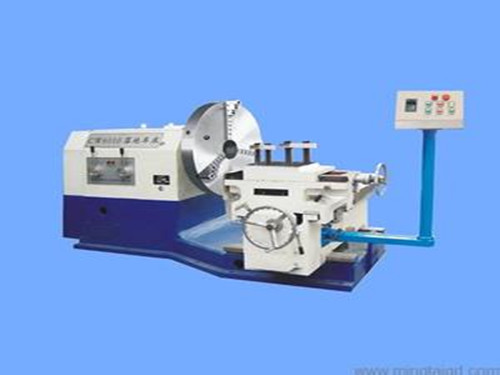The gap between domestic machine tool design and manufacturing and foreign countries
 In recent days, the 2013 high-end induction heat treatment technology exchange conference sponsored by the Metalworking Magazine was held in Beijing. The conference was held by Yifudi Induction Equipment (Shanghai) Co., Ltd., Fluxyrol Inc., Luoyang Kono Industrial Equipment Co., Ltd., and the West. Mark Elotherm Induction Equipment Technology (Shanghai) Co., Ltd. and Shanghai Shangda Heat Treatment Co., Ltd. strongly supported the industry experts Zhu Huiwen and Lin Xinzhi to participate in the conference and deliver keynote speeches. The entire conference process has always been full of expectations.
In recent days, the 2013 high-end induction heat treatment technology exchange conference sponsored by the Metalworking Magazine was held in Beijing. The conference was held by Yifudi Induction Equipment (Shanghai) Co., Ltd., Fluxyrol Inc., Luoyang Kono Industrial Equipment Co., Ltd., and the West. Mark Elotherm Induction Equipment Technology (Shanghai) Co., Ltd. and Shanghai Shangda Heat Treatment Co., Ltd. strongly supported the industry experts Zhu Huiwen and Lin Xinzhi to participate in the conference and deliver keynote speeches. The entire conference process has always been full of expectations. At the meeting, Zhu Huiwen, the inviting industry expert, delivered a speech entitled “History, Current Status, and Development of Induction Heat Treatment.†It mentioned that the design and manufacturing of domestic quenching machine tools has made great progress in recent years, but compared with foreign advanced enterprises, there are still certain gap:
1 Manufacturing Accuracy and Standards There is no uniform standard (referred to as GB or JB) for domestic quenching machine tools. Therefore, the quality and function of machine tools manufactured by various companies are different, making it difficult for users to evaluate and select JB/T9201-2007 steel parts. The induction quenching and tempering standards in the induction quenching and tempering standard require low precision. Generally quenching machine tools can meet this standard. The German quenching machine tool manufacturing standards () are very specific, and have clear standards for machinery, electrical, and safety.
2 Automation and Productivity The automation level of domestic machine tools still largely stays in the semi-automated stage, while some machine tools have low production rates and are even lower than manual operations. The power load factor is low, and the machine's no-load coefficient is high.
Cnc Machining,Cnc Lathe Machining Parts,Cnc Large-Scale Machining,Non-Standard Cnc Machining
Shenzhen Kairui Precision Technology Co., Ltd. , https://www.krcncmachine.com